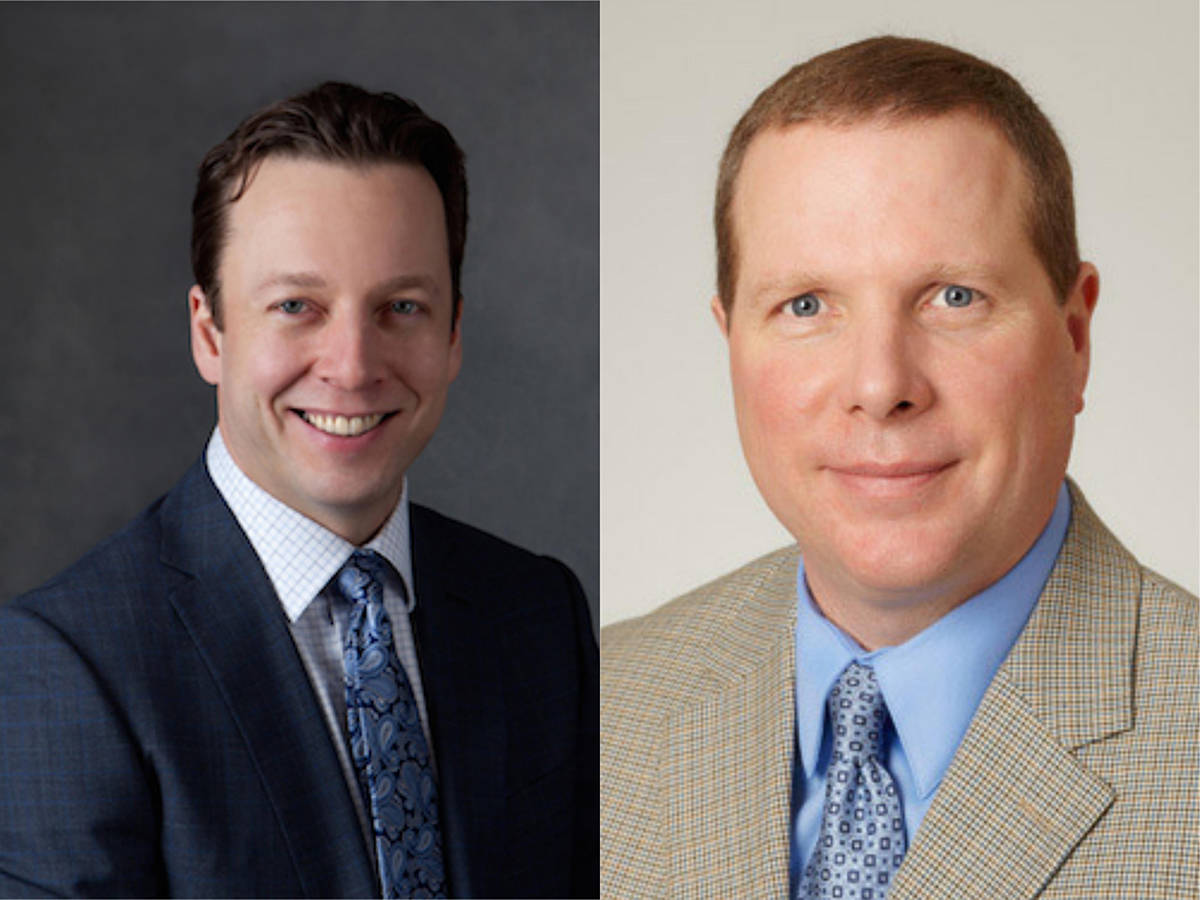As members of an independently owned medical group, our providers are able to do what is right for their patients by tailoring care to individual needs. Our approach, patient-centered care, has been used and studied quite extensively, but what does it really mean?
Patient-centered care is an active approach to an individual’s care that is collaborative between the patient and provider. It respects the patient’s preferences, needs and values in planning and coordinating their individual care alongside the provider.
At Western Washington Medical Group (WWMG), our providers practice patient-centered care, every day. When patients are more engaged and informed with their situation and their care options, they are more likely to feel less anxious about a care plan and follow medical advice. It’s empowering.
To learn more about our approach to patient-centered care including the benefits, and challenges, we spoke with Dr. Boggs, DPM, Podiatry and Dr. Ashbach, MD, an ear, nose and throat specialist.
Q: What does it mean to actively engage with patients about their care?
Dr. Boggs: Typically, I will lay out what the options are for my patients, and there may be four or five options with pros and cons of each. Most of the time, I will give them suggestions without “telling” them what to do and it is a mutually respectful decision. I want my patients to participate in their care and have knowledge of the condition that we are treating, together.
Dr. Ashbach: We are able to create a bond and bridge any gaps within a minute. The days when we pedantically stood by and wrote out instructions and prescriptions is a lost era. We are uniquely there for each of our patients. It really is a win-win as they are more engaged and empowered; therefore, they are more likely to heed our advice and be at peace with a care plan. It’s a real team effort.
Q: What are some of the benefits?
Dr. Ashbach: In terms of time, I can see four to five patients an hour (instead of eight that typically occurs in larger medical groups), which allows me to spend more time with them. In terms of cost, many of our patients may not know that a local surgery, for example a tonsillectomy, may cost much less at WWMG than at a larger group or hospital.
Dr. Boggs: We make sure our patients understand what their treatment options are to help assist with choosing the most appropriate option. Some of my patients have been coming to my practice for nearly 20 years and are loyal to me and my staff. I was a teacher before I went back to medical school, and I feel like I’m teaching every day. I get satisfaction out of patients realizing what is intrinsically wrong and being happy about their path to living a healthy life.
Q: What are some of the challenges?
Dr. Ashbach: Looping back to cost, it is a benefit and also a challenge. More often than not, patients are shouldering more of the burden of their healthcare — with higher deductibles and co-pays — so they prefer to do more via a phone call. This makes it harder for engaging with our patients, particularly when they want more customized care.
Dr. Boggs: Given all the customized touchpoints we are able to offer, our challenge can be making sure our patients choose the best treatment option. Sometimes they will choose the path of least recovery or cost, and we get that, but it may not always be the best choice long-term. There may be times that we tell you what the choice is because it may be a matter of saving a foot or a toe.
Our patient-centered approach has worked for our own employee retention too. Many of our providers’ staff have been with a particular practice for years. From the front staff that welcomes patients to the physician’s assistants, our patients get the feeling of “they know me and want me to be here.”
At WWMG, we believe in a close doctor-patient relationship that has longevity and is based on optimizing a health outcome in a personalized and cost-sensitive manner. Many of our patients look for this or expect it. And that’s great since we’ve always practiced this way.
Dr. Matthew Ashbach
Matthew Ashbach, MD, is an ear, nose and throat specialist that treats nose and sinus disorders, thyroid disease, facial plastic surgery and much more at Western Washington Medical Group’s Everett location. He attended the University of Washington School of Medicine and completed his residency at The Albert Einstein College of Medicine in New York, NY. He is American Board of Otolaryngology board certified and belongs to the American Academy of Otolaryngology/Head and Neck Surgery.
Dr. Jeffrey Boggs
Jeffrey Boggs, DPM is a podiatrist specializing in surgery at the Western Washington Medical Group’s Everett location. He is a Diplomat, American Board of Podiatric Surgery board certified. He attended California College of Podiatric Medicine, San Francisco, CA, and completed his residency at Monrovia Hospital in Los Angeles and his fellowship at Virginia Mason Sports Medicine Center, Virginia Mason Hospital in Seattle, WA. He belongs to the American Board of Podiatric Surgery, American College of Foot and Ankle Surgeons, American Podiatric Medical Association and Washington State Podiatric Medical Association.

























